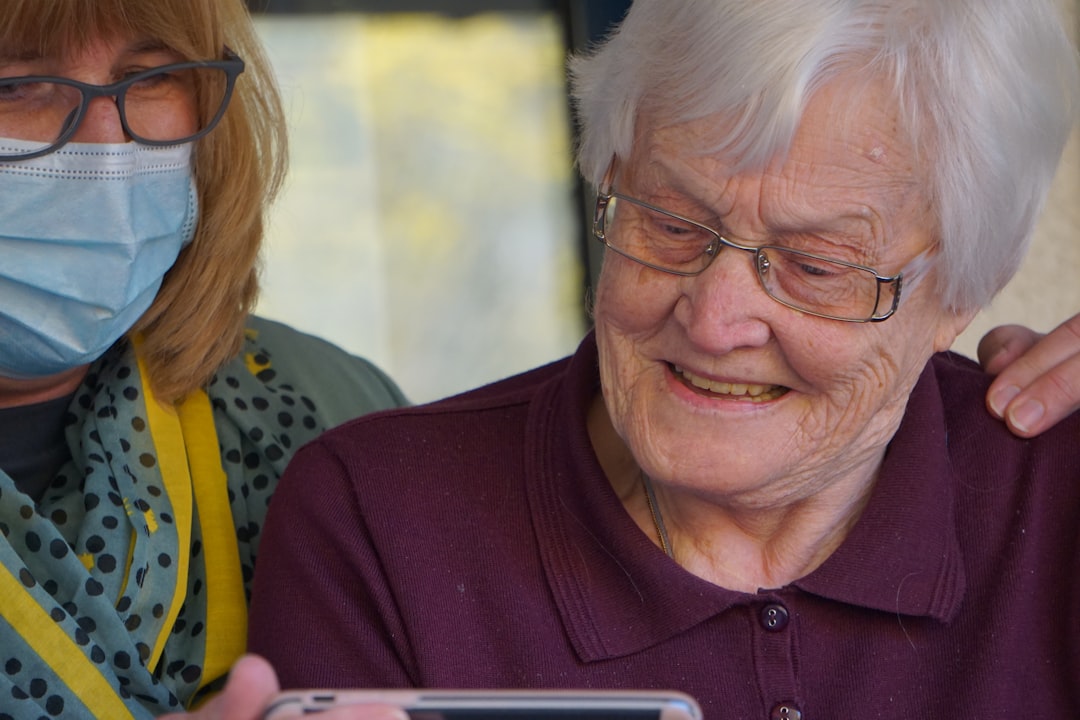What is it about?
NGOs' socio-economic and training programmes are mainly focused in order to uplift the socio-economic condition of developing country people. But hardly known about whether their programmes really improve the coping capacity against disaster in Bangladesh, the most calamity-prone country in Asia. This research is unique of its type which found only training reaction can impact significantly and the later training phases as well as other social programmes are not.
Featured Image
Why is it important?
Our findings show that more emphasis should be given on training along with NGOs' conventional programmes such as health, education and micro credit. Micro credit, though, perceived by different world community to be the only vehicle of poverty alleviation, in Bangladesh it is not. Hence, this study ask the researchers to shift their focus from economic to social programmes which is deep-rooted in real development in developing country.
Perspectives
We hope this study will be able to convince the world bodies, NGOs, and developed countries to give more emphasis on capacity building of developing country people in respect of their economic and social sustainability against climate change.
Dr Mohammad Aktaruzzaman Khan
International Islamic University Chittagong
Read the Original
This page is a summary of: Do non-governmental organisations’ socio-economic and training programmes improve disaster prevention capacity of their beneficiaries?, International Social Work, May 2015, SAGE Publications,
DOI: 10.1177/0020872815570074.
You can read the full text:
Contributors
The following have contributed to this page










